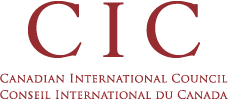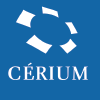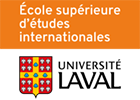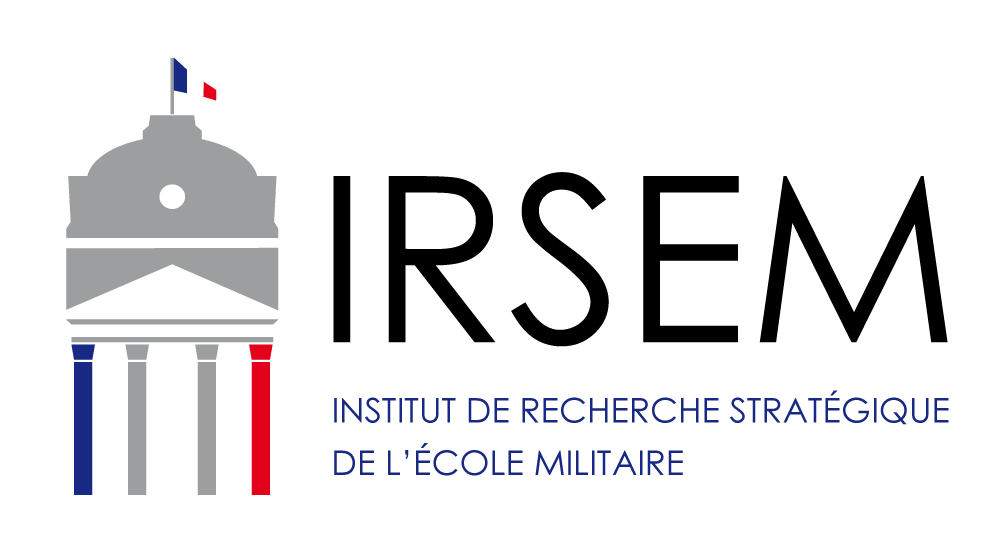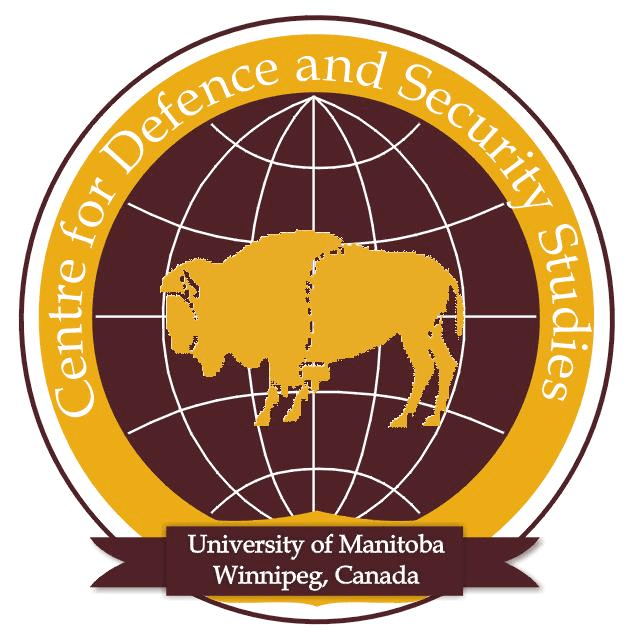Mobilize Knowledge. Train the Next Generation.
The Network for Strategic Analysis (RAS/NSA) is being launched as part of the Mobilizing Insights in Defence and Security (MINDS) programme of the Department of National Defence of Canada. It is the very first fully bilingual MINDS network that will offer cutting-edge expertise in Canada’s two official languages.
Our primary mission is to mobilize Canadian and global expertise on three strategic challenges for Canada:
- The intensification of competition between great powers under the threshold of armed conflict and its pandomain implications (led by Jonathan Paquin, Université Laval);
- Capacity building, defense diplomacy and partnership development within regional, minilateral and international organizations (led by Sarah-Myriam Martin Brûlé, Bishop’s University);
- Local and global transformations linked to climate change (led by Sarah Sharma, University of Ottawa).
Objectives
In this context, the Network pursues three objectives:
- Mobilize – in French and English – innovative and multidisciplinary research in the field of defence and security in order to develop synergies and amplify the voice of experts;
- Disseminate the results of strategic analysis to the Government of Canada, partner organizations and the general public so as to inform political decisions and public debate;
- Train the next generation of security and defence experts by integrating students into the development and dissemination of knowledge and through the professional development of young researchers, with a particular concern for equity, diversity and inclusion.
The RAS/NSA is a research incubator that is committed to the academic freedom and non-partisan nature of its analyses. Through an inclusive approach, these values guide the RAS/NSA’s mission and direct its activities. Our strategy on intersectionality, designed by our GBA+ leader, Isabelle Caron, structures all of our mobilization, dissemination and training activities. The RAS/NSA’s community of diverse viewpoints and members is fundamental to achieving its mission. Pluralism is a virtue recognized as such by the Network. Particular attention is given to including ideas from marginalized groups and or those with minority status.
Led by a steering committee comprising Jonathan Paquin (uLaval), Justin Massie (UQÀM), Alexander Lanoszka (Waterloo), Sarah-Myriam Martin-Brûlé (Bishop’s), Sarah Sharma (UOttawa), the Network brings together more than 80 leading researchers and experienced practitioners. In addition to researchers working on at least one of the three strategic challenges mentioned above, the Network mobilizes the expertise of international collaborators, a Strategic Council, a Scientific Council and emerging researchers.
Members
The RAS/NSA has five membership categories to represent its professional, faculty, graduate and undergraduate members. Our members are bilingual, which means they have the ability to understand both of Canada’s official languages, English and French. All members are free to express themselves in the official language of their choice. In addition to bilingualism, each category of membership has its own eligibility criteria, details of which are provided below.
Scholar
- Professor in a Canadian university
- Expert in at least one of the RAS/NSA research themes
Collaborator
- Experienced practitioner or recognized researcher
- Expert in at least one of the RAS/NSA research themes
Emerging Scholar
- Graduate student or young professional
- Supervised or sponsored by a RAS/NSA scholar or collaborator
- Actively working on at least one of the RAS/NSA research themes
Student Collaborator
- Undergraduate student
- Supervised by a RAS/NSA scholar
- Interest in at least one of the RAS/NSA research themes
Intern
- Student credited by their University institution
- Participates in the organization of RAS/NSA activities
- Supervised by one of the members of the RAS/NSA team
For a spontaneous application, contact us at info@ras-nsa.ca.
Publications
The RAS/NSA is proud to mobilize research in the field of defence and security through four types of bilingual publications (hot takes, policy briefs, policy reports, articles and reports). Read our publication guidelines here: Publications RAS/NSA.








